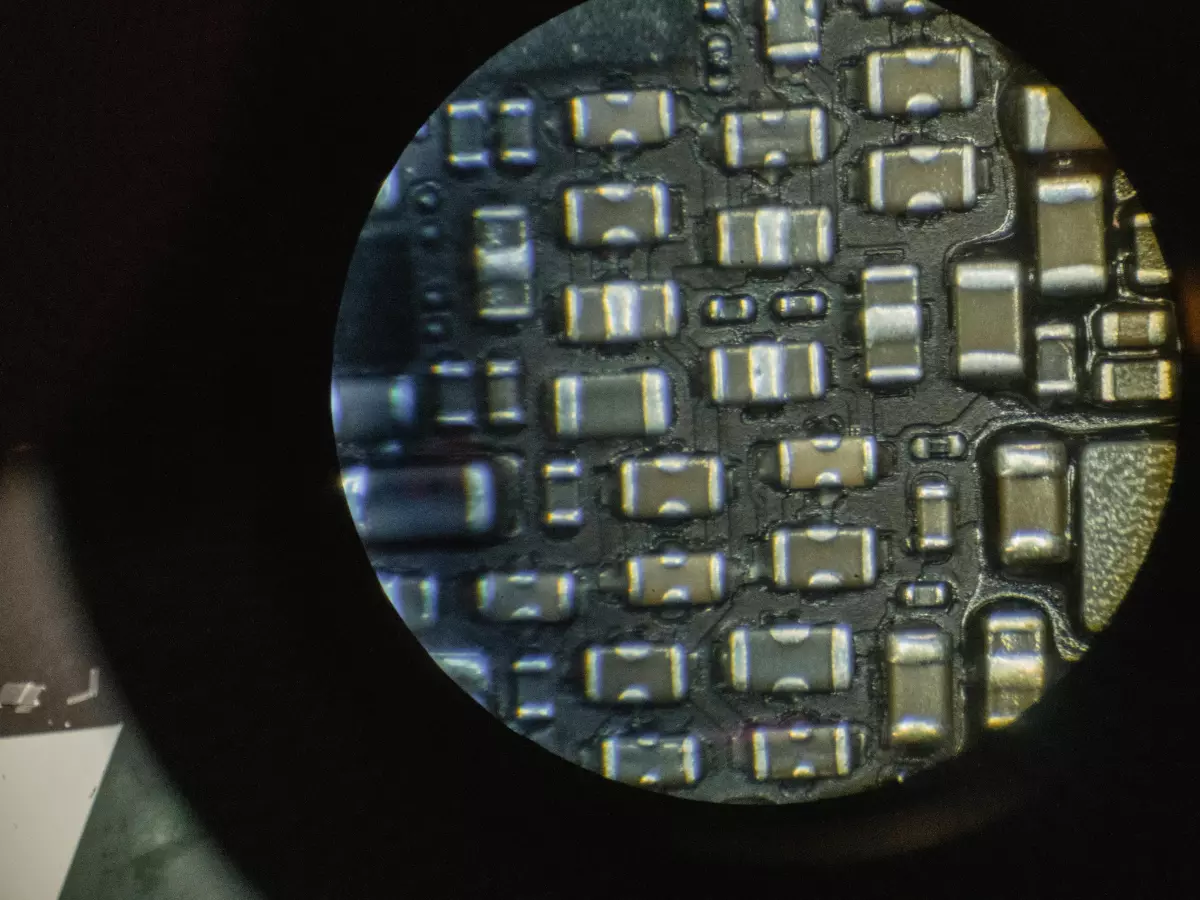Intel's Big Gamble
Intel's restructuring plan is either a bold move toward revival or a desperate attempt to stay relevant in a rapidly evolving tech landscape. Which side are you on?

By Liam O'Connor
The air was thick with tension as Intel's board members gathered for what could be one of the most pivotal meetings in the company's history. The conference room, filled with the hum of whispered conversations and the soft clinking of coffee cups, was a stark contrast to the storm brewing outside. But the real storm was inside—Intel's future was on the line, and everyone knew it. The decision? To transform Intel's foundry business into a subsidiary, a move that could either reignite the company's dominance or push it further into the abyss of tech irrelevance.
So, what does this mean for Intel, and more importantly, for the tech world? Well, let’s just say the stakes couldn’t be higher. Intel, once the undisputed king of semiconductors, has been struggling to keep up with competitors like AMD and TSMC. This restructuring could be the lifeline the company needs, but it comes with a catch. Projects in Germany and Poland, which were supposed to be part of Intel’s European expansion, are now delayed by two years. That’s a long time in tech years, where innovation moves at the speed of light.
Why Restructure Now?
Intel’s foundry business has always been a bit of an enigma. For years, the company has been trying to break into the foundry market, which is dominated by giants like TSMC. But despite its best efforts, Intel has struggled to gain significant traction. So, what’s the solution? Spin it off into its own subsidiary, of course. The idea is that by giving the foundry unit more autonomy, it can operate more efficiently and compete more effectively. But will it work?
According to Trendforce, Intel’s decision to delay its projects in Germany and Poland is a direct result of this restructuring. The company needs time to get its new subsidiary up and running, and that means pushing back some of its European expansion plans. This has raised eyebrows in the tech community, with some experts questioning whether Intel can afford to wait that long. After all, TSMC and Samsung aren’t slowing down.
The European Delay: A Risky Move?
Let’s talk about those delays. Germany and Poland were supposed to be key players in Intel’s European strategy, helping the company expand its manufacturing capabilities and reduce its reliance on Asian suppliers. But now, with these projects delayed by two years, Intel is risking falling even further behind its competitors. And in the fast-paced world of semiconductors, two years can feel like an eternity.
But here’s the thing—Intel’s decision to delay these projects might not be as reckless as it seems. By focusing on getting its foundry business in order, the company could be setting itself up for long-term success. Sure, the delays are a gamble, but if Intel can get its foundry unit running smoothly, it could become a major player in the semiconductor market once again. And let’s not forget that Intel has deep pockets. The company can afford to take a few risks if it means securing its future.
What’s Next for Intel?
So, where does Intel go from here? Well, the company has a lot of work to do. First and foremost, it needs to get its foundry subsidiary off the ground. That means hiring new talent, investing in cutting-edge technology, and streamlining its operations. It’s a tall order, but if anyone can pull it off, it’s Intel. The company has a long history of innovation, and while it’s been knocked down a few pegs in recent years, it’s far from out of the game.
But Intel isn’t just betting on its foundry business. The company is also investing heavily in AI and other emerging technologies, hoping to diversify its revenue streams and reduce its reliance on semiconductors. It’s a smart move, especially given the growing importance of AI in everything from autonomous vehicles to cybersecurity. If Intel can position itself as a leader in AI, it could open up a whole new world of opportunities.
The Bottom Line
Intel’s decision to restructure its foundry business is a bold move, and only time will tell if it pays off. The delays in Germany and Poland are certainly a setback, but they might be a necessary one. By focusing on getting its foundry unit in order, Intel could be setting itself up for long-term success. And while the company still has a lot of work to do, there’s no denying that Intel is a force to be reckoned with.
So, what do you think? Is Intel making the right move by restructuring its foundry business, or is this just another sign that the company is struggling to keep up with the competition? Only time will tell, but one thing’s for sure—Intel isn’t going down without a fight.





